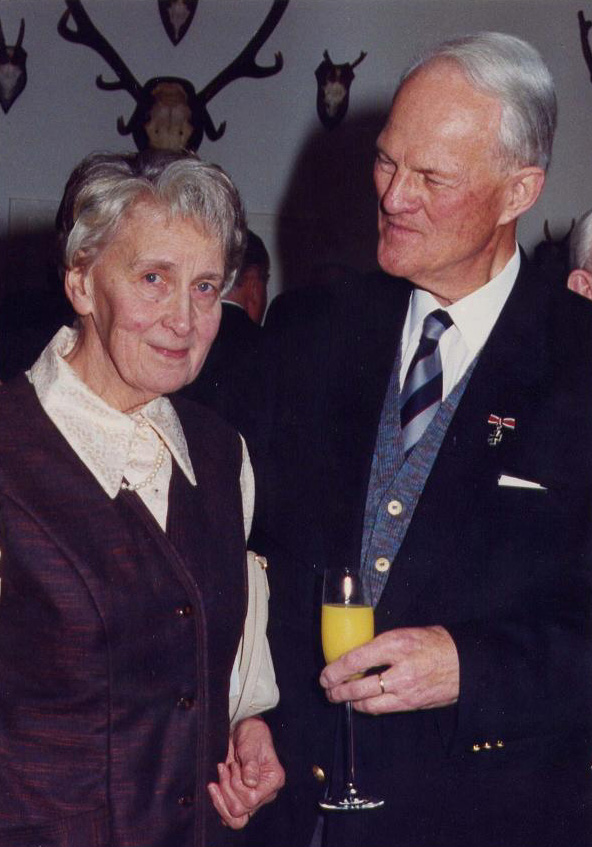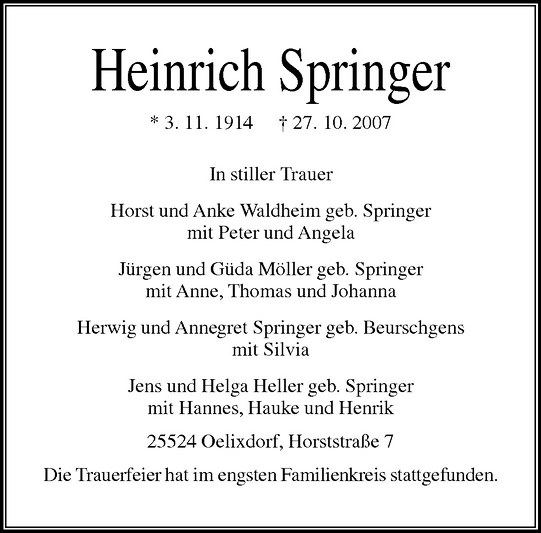
Interview with Heinrich Springer, Knight's Cross winner from the elite Leibstandarte SS Adolf Hitler (LSSAH), Oelixdorf, 1989.
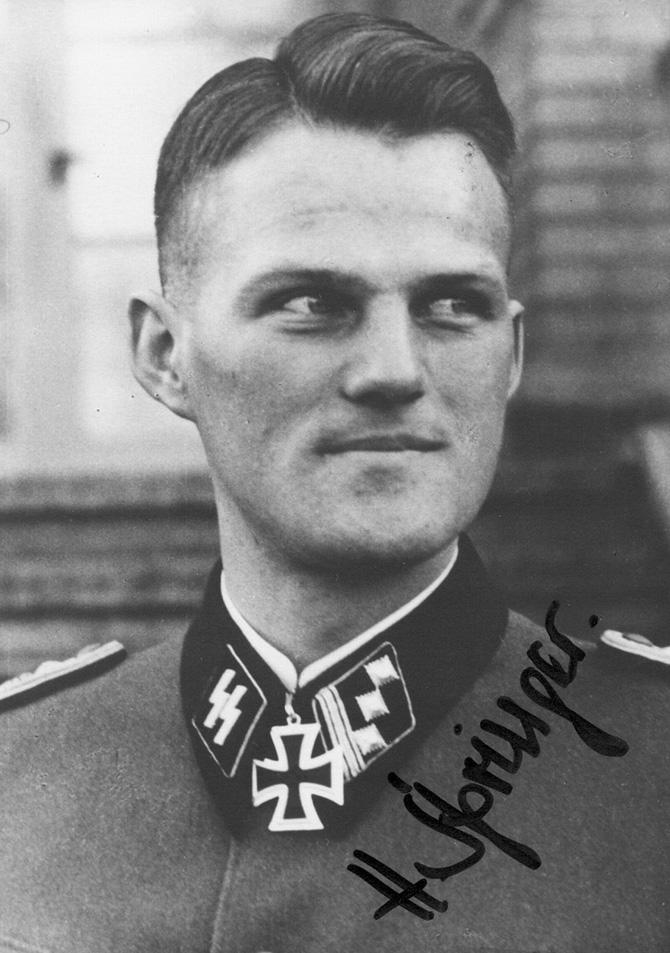
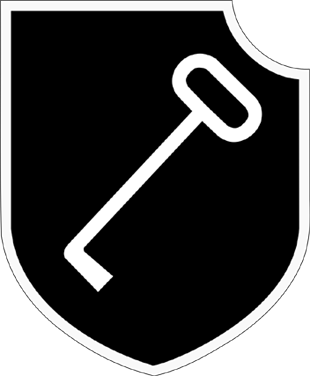


Interview with Heinrich Springer, Knight's Cross winner from the elite Leibstandarte SS Adolf Hitler (LSSAH), Oelixdorf, 1989.



Hein: Yes, I am pleased to speak with you, you have met quite some fellows I am told. I know you are one of those who are trusted with our words. I appreciate your interest and your discernment in what you repeat. Therefore, why I joined the SS, it was simply because I believed in National Socialism and Adolf Hitler. I was a young man, much like you, when I first heard Hitler speak, and I was interested in what he had to say. The reds were bad up here and they did everything they could to stop speeches and demonstrations. The SA fought hard to win the day against them and allow speeches to go forward. I joined the Hitler Youth early on and my political sense only increased, we were taken to hear other speakers and again I heard Hitler. The more I heard, the more I knew this was the man to lead and fix Germany. From the Hitler Youth I also saw SS men who looked sharp in their black tunics, so I told myself I would go to them as soon as possible.
My father was an engineer and I was going to school for this as well, when I went to ask about service time I was told I could keep up my schooling.
It was a done deal for me; I applied and was accepted into this very small and elite group of German men. I was posted as a probationary member and assigned to the LAH [Leibstandarte Adolf Hitler], Hitler's personal bodyguard regiment. So not only was I admitted into the very elite SS, I was in the most elite regiment of the SS.
The impression that made on me was great, it was only enhanced when I met men like Sepp Dietrich, Witt, Peiper, Meyer, and dare I say RFSS [Reichsführer-SS] Himmler. I was around these men often at our barracks which was in Berlin Lichterfelde. I still remember Sepp shaking my hand for the first time; he was a true gentleman warrior.
May I ask what you remember about Reichsführer-SS Himmler and Sepp?
Hein: Yes, much is being written about them, I am always getting requests to answer questions regarding them both. I will write a book maybe if I do not forget things first [He did! It's from 1996 and is called 'Stationen eines Lebens in Krieg und Frieden: Zeitgeschichtliches Zeugnis des SS-Sturmbannführers und Ritterkreuzträgers der Leibstandarte SS Adolf Hitler'.-Ed]. I was placed on the staff of the RF [Reichsführer] at war's end, and he was not the same man I knew from earlier, the war made him depressed and worrisome. Most of us were in that state, however, as all we fought for was lost.
Sepp was a soldier and he was well-liked and respected. He was the more popular one, as the Waffen-SS was made up of soldiers and as such favored other fighting men instead of politicians. Himmler was not much of a soldier, but was an excellent visionary and organizer. He was painted as an evil man after the war, by many who never even knew him. He did have enemies it is true, and he always thought someone close to Hitler was a traitor giving secrets to the enemy. Maybe some day we will know, he certainly had his suspicions.
I remember Himmler liked giving gifts that had much meaning to Germanic history. I am a bearer of the ring [SS-Ehrenring, unofficially called Totenkopfring (Death's Head Ring)], and it came with a document explaining all the symbols that were meant to encourage and inspire. I feel RFSS [Reichsführer-SS] Himmler wanted the SS to have a main focus on protecting blood and our racial roots; of course the war changed that.
I wanted to ask you, if I may, about the Blutfahne [Blood Flag]and Ring box, can you tell me anything about if they survived the war?
Hein: Ahh yes the flag and rings. You are not the only one to ask this and I do not know why I am asked. I had no connection to either one. The flag was held in the Brown House and carried by a man named Grimminger, and the ring box was Macher [Heinz Macher (December 31, 1919 – December 21, 2001) was entrusted with the task of burying Wewelsburg castle's SS treasures, including over 9,000 Death's Head rings which were held in a shrine to commemorate the SS men killed in action. These treasures have never been found!-Ed]. From what I know through the vine, the flag was saved, one of the few relics of the Kampfzeit [Struggle Time, or the years preceding National Socialist victory].
If it did get saved I have no idea where it is, rumor was it was taken by a party member to Switzerland for safe keeping at wars end. This is all I know and is based off rumors. The same with Himmler's ring box of the fallen. It was secured and also put away for safekeeping by a supporter of the Reichsführer-SS.
I heard this spoken of during a reunion in the 50s. Nothing will come of them; there is no plan for a Fourth Reich or new war. We have had enough of war and many just want to forget what the war was like. We have been living in fear of a new war for many years, and now we can breathe again.
These are old relics that have importance only to a few old fighters who are still around. What will become of these for the future generations, our young are taught to hate us and all that we fought for. It is hard enough just having reunions anymore, I am afraid of what the future holds for us. My faith and bonds keep me to my comrades whom I know are very brave men and were excellent soldiers.
You are a Knight's Cross winner, can I ask you how you won this award.
Hein: Of course, when you are young you are dumb and know no fear. I was with the LAH [Leibstandarte Adolf Hitler] and we were moving into Rostow [Russia], I was ordered to cut off the retreat of stragglers over a bridge. We took captured uniforms, which was certain death if caught, and went through the town. We passed by columns of Russians and went right onto the bridge, I did cheat death many times, but none worse than when a soldier pointed a pistol at me and fired, it failed. God was watching out for me.
We came to the bridge and fought off the Russians, they attacked us severely and we were cut off. My men held out and even shot up a train trying to leave. This only brought out more soldiers and in the end we were ordered to fall back, which we did, losing the bridge; no reinforcements could come as planned.
The bridge was lost and destroyed, yet this action impressed Sepp and others who put in the only recommendation for me. I received this award from the hands of Sepp himself, he pounced on me when I returned from the hospital. I was wounded and upon my return to Lichterfelde I was quite surprised to go to his office and be presented with this award.
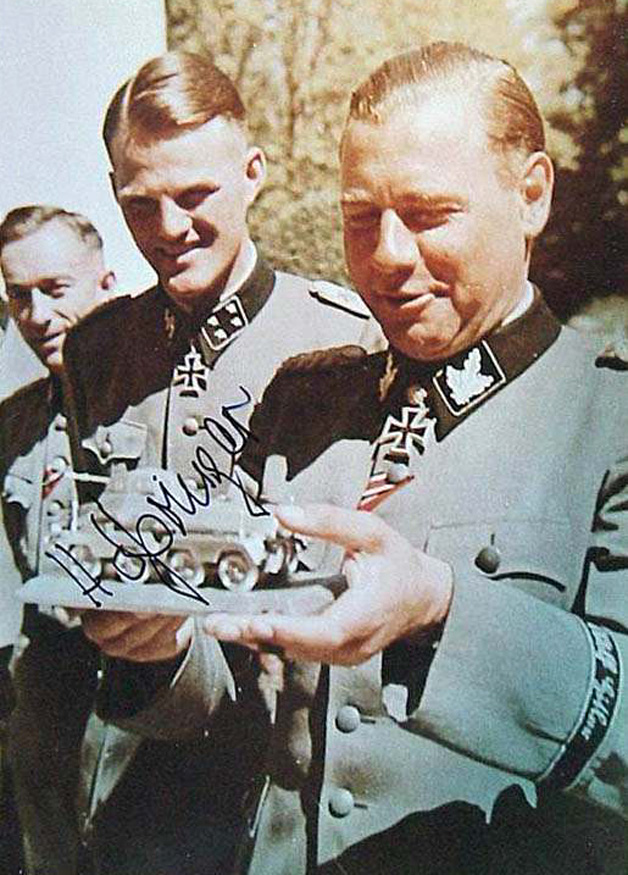
[Above: Heinrich Springer (middle), standing next to Fritz Witt who is inspecting his birthday present.]
Hein: Yes, these are complicated studies and very hard for us to defend. To further explain, there is no doubt in my mind that a few bad things were done by men wearing the uniform of the German Waffen-SS. But here is the question that must be asked that is not, were they under orders to carry out their act? The reason this is important is because if they were lone criminals you can not condemn the entire SS for the actions of a very small percentage. Sadly I feel this is the case. We had many foreign volunteers with us, and they brought with them many old hatreds and prejudices with them. This caused some disciplinary problems, and in some cases acts of crimes, again this was a tiny percentage. In Greece, we had a Romanian Volksdeutsch who disliked the Greeks and spoke of wanting to punish as many as he could. This concerned us and he was transferred to a home unit. We only wanted professional soldiers with us who understood the world was watching us and we had to show a very good face.
I know we went out of our way to promote good relationships and mercy, but war is war. One thing we are slandered for is taking hostages. We did this sure, to aid military investigations, especially in Italy where the bandits were bad. It is ironic that the Allies arrested my wife as a hostage when I escaped my POW camp. German forces did the same thing, if a bandit leader was identified; any of their family could be arrested to try to get them to come in. This is just how things worked back then. They were not harmed, and the worst would be if they had harbored the bandit then they were sent to prison. In only very extreme situations, with higher authority could they be executed, and it would be for aiding in a capital crime. Now in many cases in the east, bandits and their families were turned over to the militia; this is where hatred comes in. I understand they could be very harsh, as it was a tit for tat war. In the big cases like Malmedy, Oradour-sur-Glane, and Le Paradise I have many reservations. The stories come from Allied soldiers, and our men say there was no massacre. At Malmedy for instance, I am told by eyewitnesses that the Americans broke away [after surrendering-Ed.] and were running, some even firing on German soldiers.
This caused some Americans who were obeying orders to find themselves engaged by newly alerted soldiers who fired on anything in a different uniform. I am sorry, but this is no premeditated crime as is asserted. The only way this is a crime is if our men ordered them into the field and then gave the order to kill all prisoners. This was not our orders, and this order was not given as thousands of Americans were taken prisoner by the SS panzer corps. We had a racial tone to our fight, and most SS men hated to see our race fight each other to the death. It was a tragic war. I understand that Oradour had circumstances that blew up out of our control. A fire that was set was made much worse by hidden explosives inside a church that sadly caught fire, or someone inside accidentally set off munitions that exploded and killed those inside. These are sad acts, but it was not German policy to cause them. We had to contend with illegal acts and respond; our reactions were within the rules of war. As I said you cannot condemn an entire army based on the isolated action of a small bunch of criminals who act outside of orders. When these men were caught, either in the SS or the army, they were dealt with very severely, even to the point of being shot. I believe the myths of the eastern front poison many scholars. The Soviet Union has told a history that says we raped and killed throughout the war. I believe they exaggerate their losses, and the cause of the losses.
I can tell you I saw great acts of compassion by our men towards both the soldiers and civilians of the USSR. Our men would go out of their way to take prisoners and to help the wounded. I saw our medical units stop often to help at collection points for prisoners. I also saw examples of Russian nurses helping our soldiers as well. It did not turn evil until at war's end when Ilya Ehrenburg [Jewish propagandist from Russia] let loose his demons upon our land.
By that I mean he actually encouraged his soldiers to rape, kill, and loot anywhere they went. This was aimed at Germans, but they also attacked Poles, Romanians, Czechs, and the Baltic nations. While on the staff I saw reports of mass rapes and killings come in by October 1944. We had many situations where foreign volunteers were refusing to take prisoners due to what they were seeing in retaken towns.
Our men, SS men, were taught to be very disciplined and to obey orders, so I am not aware of any situations where SS units refused to take prisoners or shot POWs. Of course our former enemies disagree and pin all their bravado on how good they were and how bad we were.
What was the hardest part of being an officer in the Waffen-SS?
Hein: Hmm, that is a tough question. I would have to say keeping my men focused and in the fight with so much going on with the home front. Many of our men had family, friends, or relatives who were affected by the bombings. We had to be available, and make Priests available if they needed one.
New recruits were the hardest as they had to be broken in, it took a new soldier a few weeks to get familiar and comfortable. They could be a handful at first. I remember in 1940, the early 38/40 machine pistol had a bad habit of firing when bumped or dropped.
We had to always be on guard that no new soldier had one, they could be quite careless and soldiers were shot.
We had many brave men and sometimes they had great input into a battle plan, and in the SS we were given a lot of latitude in decision making. The hard part was making sure their ideas did not disrupt the chain of command.
As officers we always led our men from the front, a difference between us and the army. We lived, bathed, and ate just like our men as it built respect and showed comradeship. I would say writing the letters home to family was always a sad task, but one that was very important as it gave the family closure on what happened.
Enforcing discipline was hard, as it angered you when someone did not follow the rules, this rarely happened in the LAH [Leibstandarte Adolf Hitler], but when it did it was frustrating. Cowardice was enough to get you removed from the unit or worse. Most SS men were volunteers so this was not an issue except later in the war with men who were assigned without asking to be.
Many Luftwaffe and Kreigsmarine men cried to go to safe units as they knew our reputation as hard fighters and fearlessness against death. That was why we wore the skull, we feared nothing.
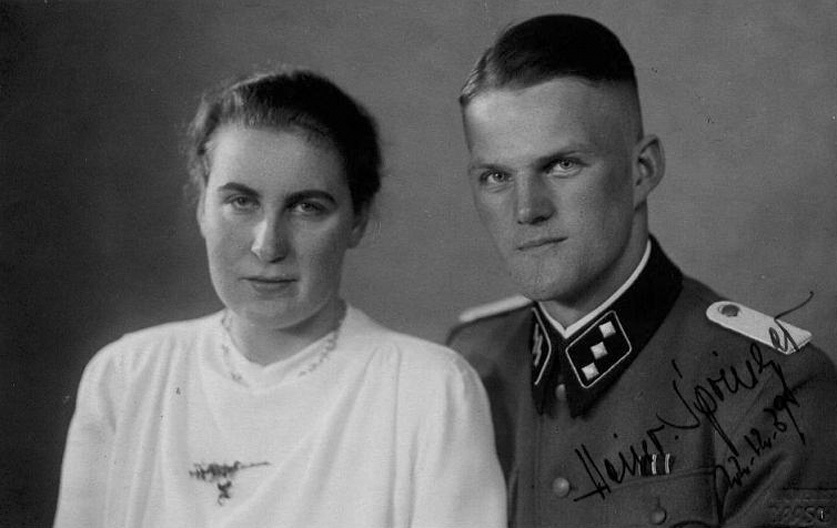
[Above: Heinrich Springer with his wife Ursula, his lifelong love, on their wedding day.]
[Above: Heinrich Springer and his wife Ursula, old and grey, on his 80th birthday.]
[Above: The end of a hero.]
